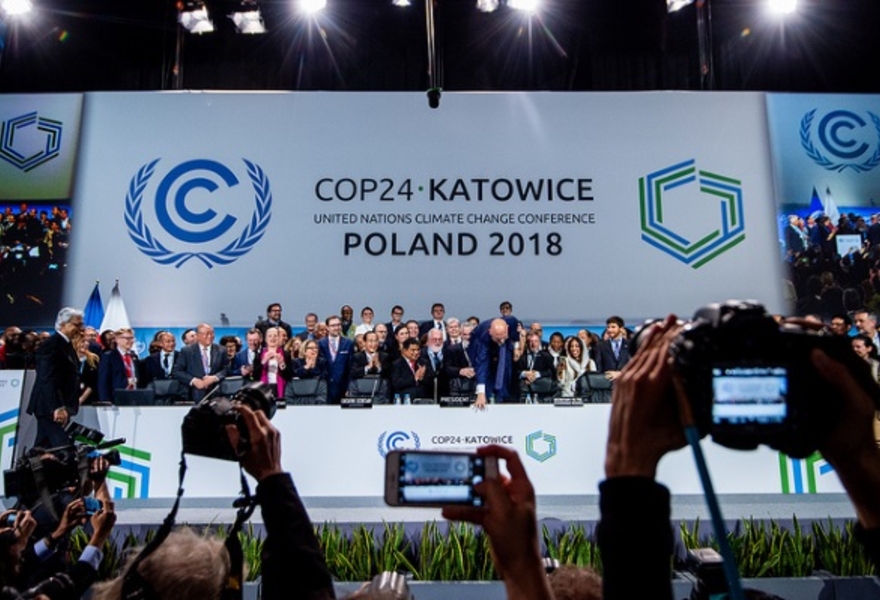MCC STATEMENT on the end of COP24
At the end of the World Climate Summit in Katowice, MCC Director Edenhofer appeals to governments to take action in view of rising emissions and to finally implement higher CO2 prices.
Ottmar Edenhofer, Director of the Mercator Research Institute on Global Commons and Climate Change (MCC) and Director of the Potsdam Institute for Climate Impact Research (PIK), added:
"Once again, governments accross the world have proven that they're capable and willing to cooperate in order to protect their citizens from climate risks. Despite a growing number of populist governments, multilateralism succeeded.“
"However, the world needs more than climate policy targets and processes – it needs concrete measures, and they must be taken now. In this respect, climate change can no longer be simply regarded as the biggest market failure of all time – with the continued rise of global greenhouse gas emissions after years of negotiation, it has also become an unprecedented government failure. Through appropriate policy measures – like effective carbon pricing – governments have to build a new trust-relationship to citizens. Carbon pricing cannot solve everything, yet without it nothing can be solved. And governments can actually use carbon pricing to enhance social justice, because the generated income can and must be given back to the people, be it through electricity tax cuts, infrastructure investments, or christmas cheques."
Brigitte Knopf, Secretary General of the Mercator Research Institute on Global Commons and Climate Change (MCC), comments:
"The Yellow West protest movement was one of the most prominent topics at the climate conference in Katowice. This shows how important it is to think climate protection and the social question together. Fortunately, there is already good international experience of how a socially equitable introduction of CO2 prices can work: Switzerland, Sweden and Canada have set an example. In developing countries, too, there have been positive experiences with the reduction of subsidies for fossil fuels. Our latest research shows that the introduction of CO2 prices can even reduce existing inequalities. So the message is very clear: climate protection can be implemented in a socially balanced way. “






